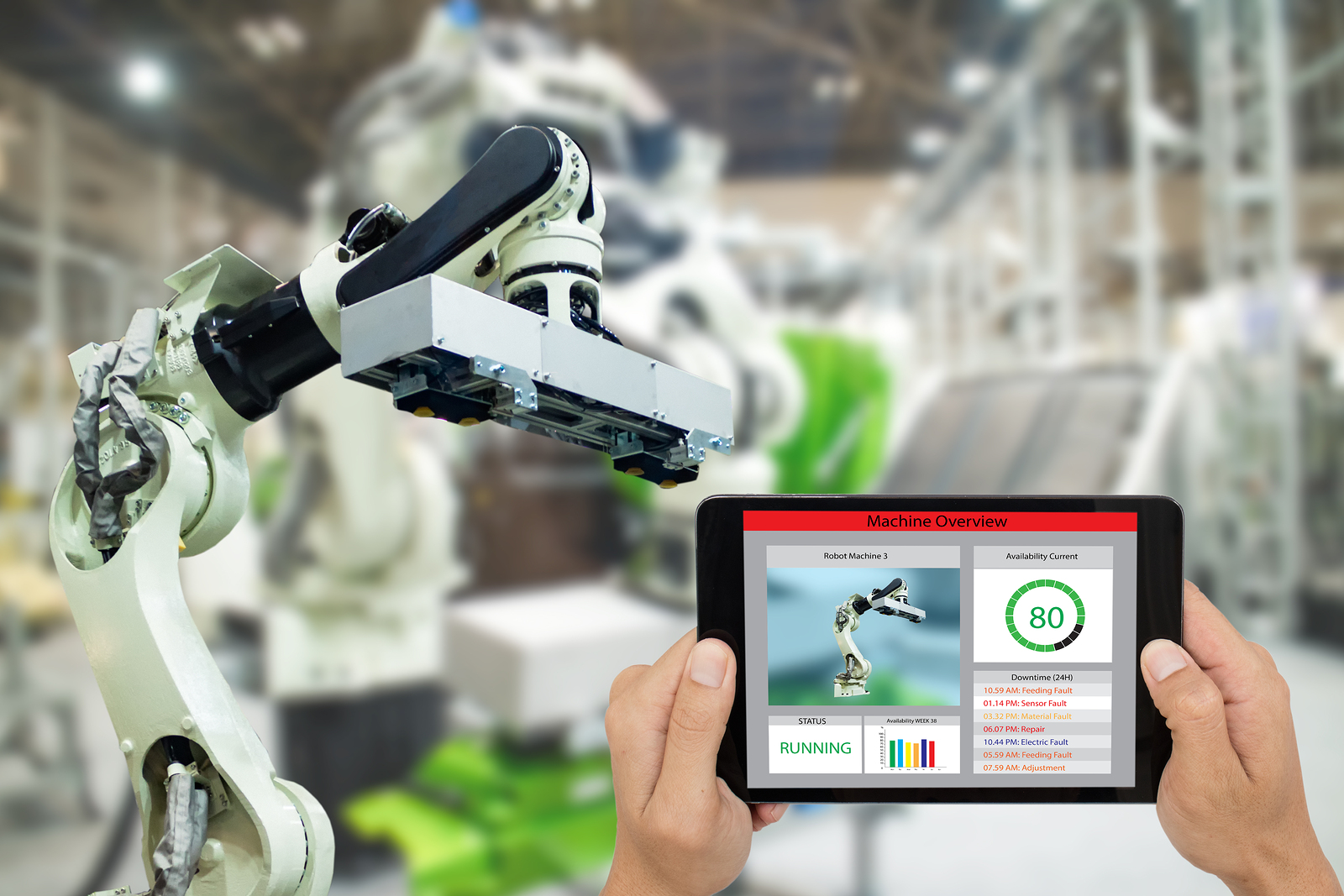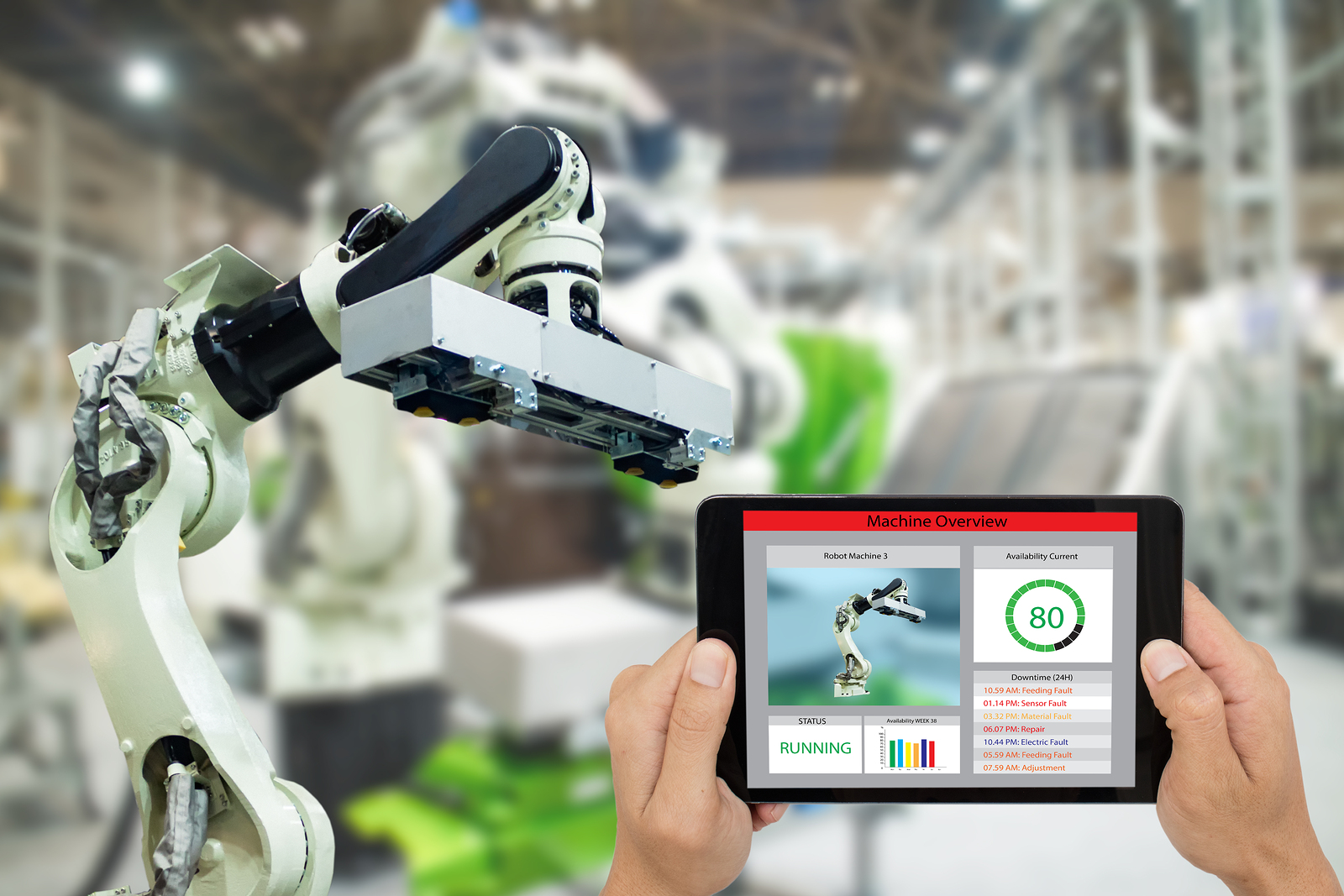A survey shows that most people don’t fear losing their jobs to Artificial Intelligence, but they want to be retrained, preferably at their workplace.
The new study “Optimism and anxiety. Views on the Impact of Artificial Intelligence and Higher Education’s Response” shows a detailed landscape of the feelings and thoughts of Americans regarding automation and the risk of losing their jobs, and their responses show that there is an opportunity for higher education institutions to seize.
data-animation-override>
“Automated trucks are making deliveries, and software is picking stocks and interpreting medical tests. Smart machines are getting smarter, and many of the jobs performed by people today — up to half of all U.S. jobs, according to some forecasts — will disappear within the next 20 years.”
The report, a national survey released by Northeastern University and Gallup, reveals that 76% of respondents believe AI will affect the way people work and live in the next decade and, surprisingly, 77% are positive about this change.
On the negative side, 73% expect that AI will eliminate more jobs than it creates. Around half of Americans acknowledge that they need more education to secure a new position, but only 18% think they will get that training.
Moreover, 49% say they would like to be trained on their jobs, 21% will look for in-person training at colleges and universities, while only 16% are considering online programs. Sixty-one percent think employers should fund these retraining programs.
data-animation-override>
“The majority of U.S. adults (63%) expect the technology to widen the gap between rich and poor Americans.”
Another reveling fact is that more Americans (23%) are worried that they will lose their jobs to Artificial Intelligence than to immigrants (12%). “Fifty-eight percent of Americans say AI is the greater threat, and 42% see the greatest threat from immigration.”
The study’s conclusion is that as more Americans believe they should be trained at work, and that companies should pay for that education, higher education institutions must collaborate with employers to offer training opportunities in the workplace.
This article from Observatory of the Institute for the Future of Education may be shared under the terms of the license CC BY-NC-SA 4.0 
)
)


)